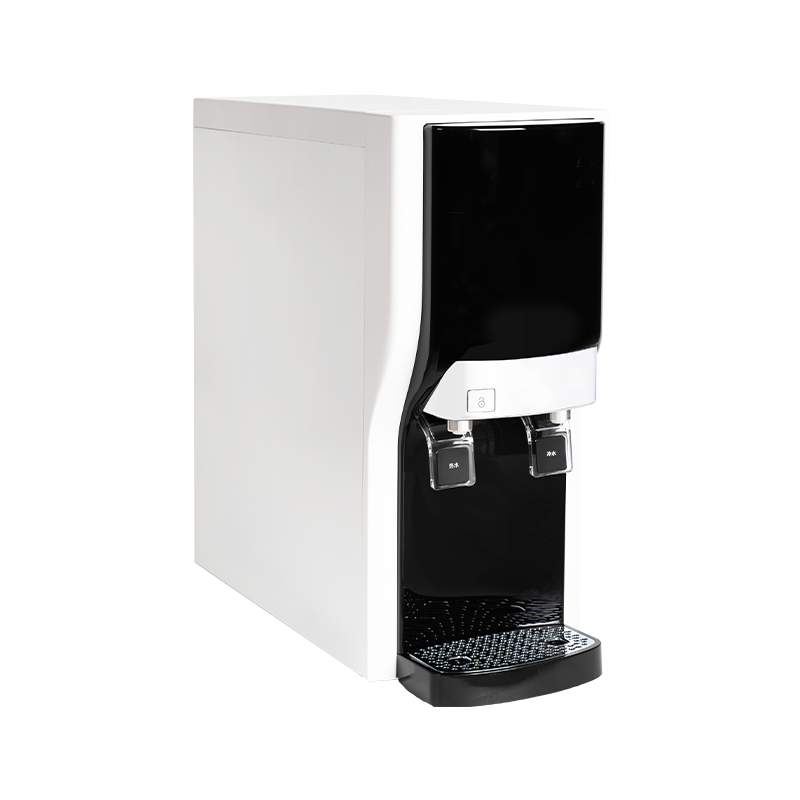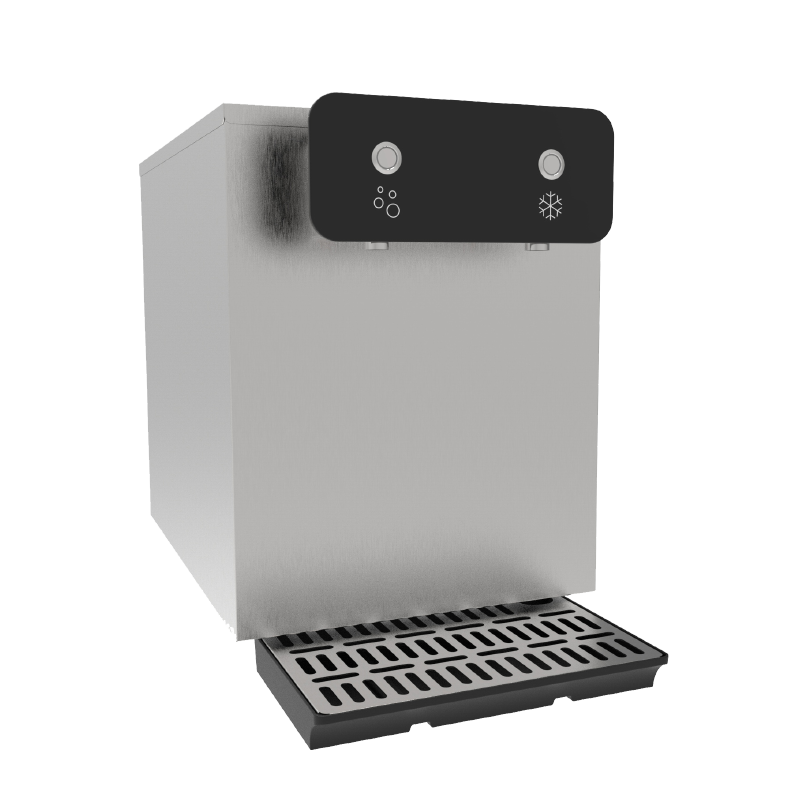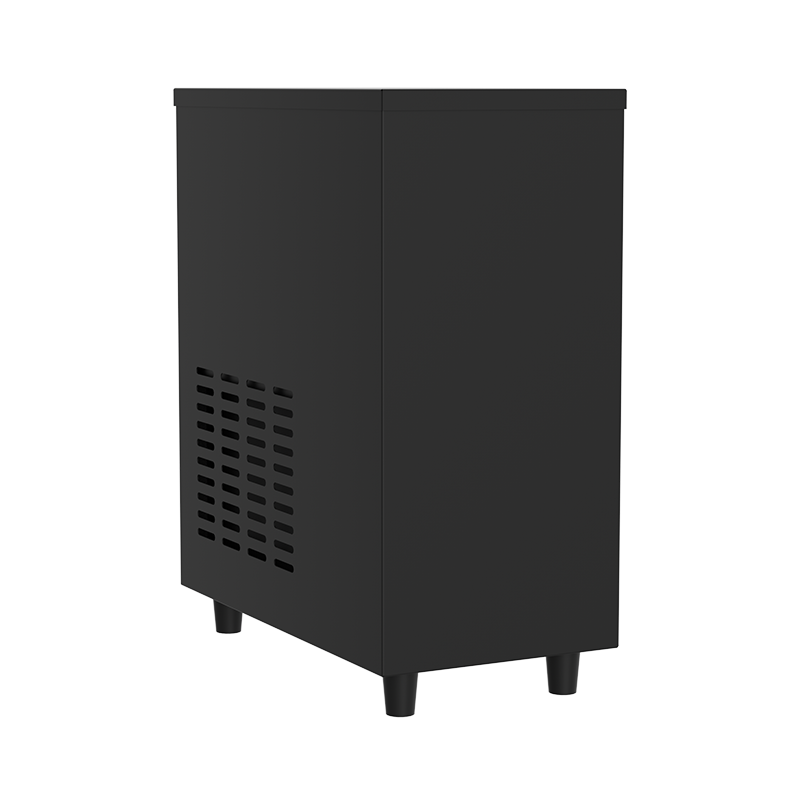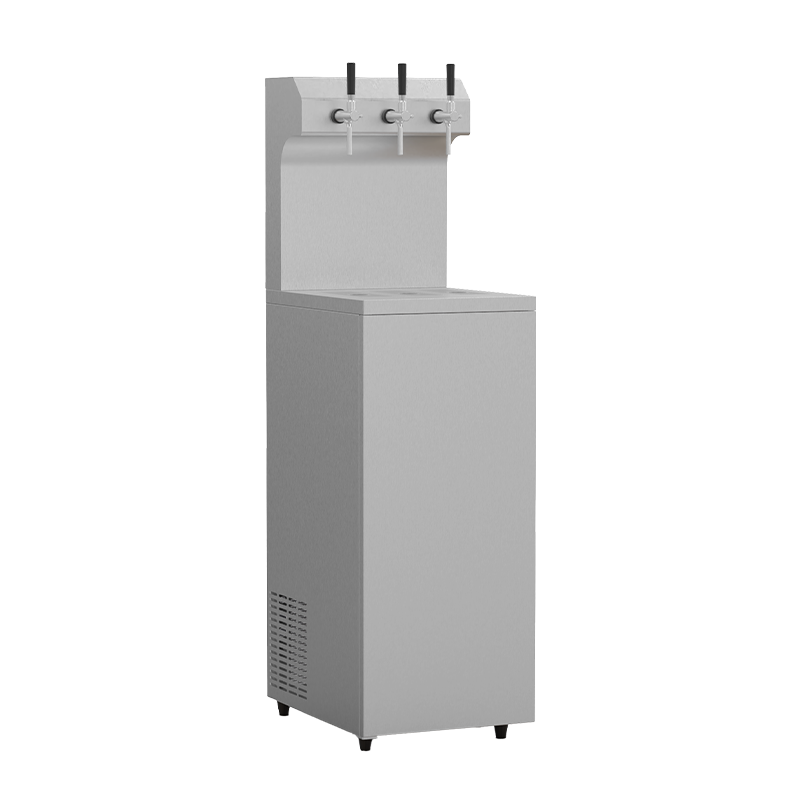HOT PRODUCTS
Water is one of the most essential elements for life, but not all water is created equal. When you shop for bottled water, you’ll often see labels like spring water or distilled water. While both are safe to drink, they differ significantly in how they’re sourced, processed, and what they contain. Understanding these differences can help you make better choices for your health, lifestyle, and even appliances.
What is Distilled Water?
Distilled water is produced through distillation, a process that involves boiling water into steam and then condensing it back into liquid form. This method removes nearly all impurities, including minerals, salts, and contaminants.
Key Characteristics of Distilled Water:
Purity: Virtually free from dissolved minerals, bacteria, and chemicals.
Taste: Flat or bland due to the absence of natural minerals.
Uses: Commonly used in medical facilities, laboratories, humidifiers, CPAP machines, and car batteries where mineral-free water is necessary.
What is Spring Water?
Spring water comes from underground formations where water naturally flows to the earth’s surface. It is collected at the source or through a borehole tapping into the aquifer.
Key Characteristics of Spring Water:
Mineral Content: Contains natural minerals like calcium, magnesium, and potassium, which give it a refreshing taste.
Taste: Crisp and fresh, often preferred for drinking.
Regulation: Must meet FDA and EPA standards for safety, but it isn’t stripped of its natural mineral content.
Distilled vs Spring Water: Side-by-Side Comparison
| Feature | Distilled Water | Spring Water |
|---|---|---|
| Source | Steam condensation (man-made process) | Natural springs or aquifers |
| Minerals | None (all removed) | Contains natural minerals |
| Taste | Flat, bland | Refreshing, crisp |
| Health Value | Hydrating, but lacks electrolytes | Provides hydration + essential minerals |
| Uses | Medical, appliances, lab work | Drinking, cooking, daily hydration |
| Shelf Life | Indefinite in sealed container | Stable but may vary with storage |
Health Considerations
Distilled Water:
Pros: Very pure, ideal for people with weakened immune systems or specific medical conditions. Prevents mineral buildup in devices.
Cons: Lacks beneficial minerals and electrolytes, which may make it less ideal for long-term exclusive drinking.
Spring Water:
Pros: Contains essential minerals that support bone health, hydration, and overall wellness. Preferred for taste.
Cons: Mineral content varies depending on the source. Slight risk of contamination if not properly regulated.
Which is Better?
The answer depends on your needs:
For daily drinking: Spring water is generally better because of its natural minerals and taste.
For appliances and medical use: Distilled water is preferred since it prevents mineral deposits and ensures sterility.
For cooking: Both can be used, but spring water often enhances flavor due to its minerals.
Final Thoughts
Both distilled and spring water serve important purposes, but they are not interchangeable. If you want hydration with added health benefits, spring water is the better choice. If you need ultra-pure water for specialized uses, distilled water is unmatched. Ultimately, the “best” water depends on your personal health needs, taste preferences, and intended use.





 Language
Language
 English
English Español
Español








 ADDRESS
ADDRESS CONTACT
CONTACT EMAIL
EMAIL